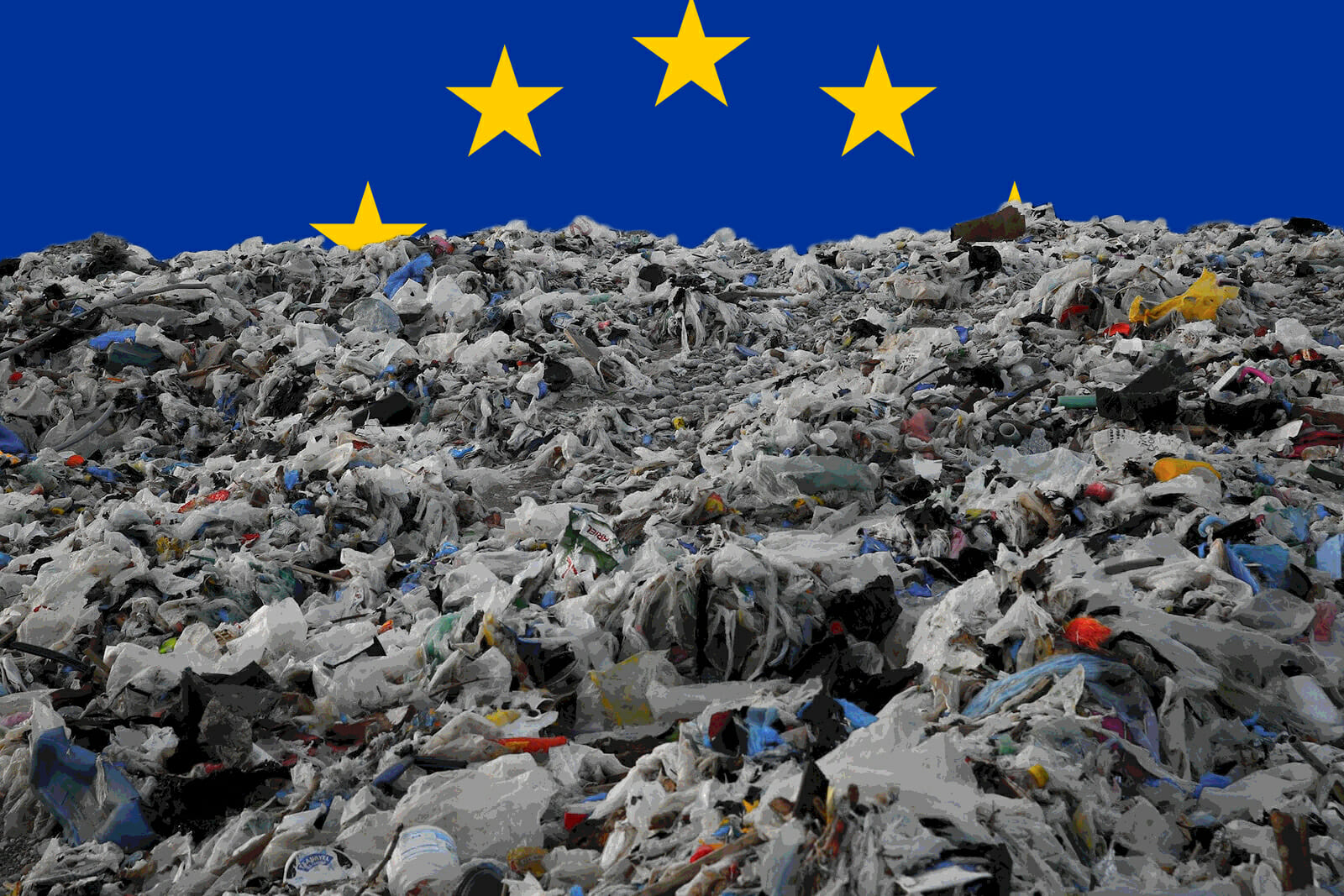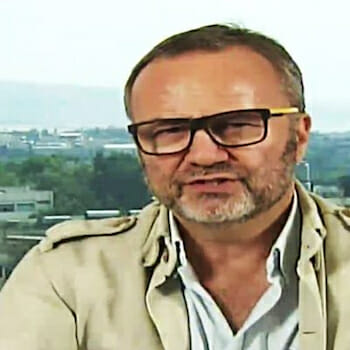
EU Anti-fraud Officers to Probe Aid Scam in Lebanon which Diverted Cash to Hezbollah
EU environmental schemes in Lebanon, which have been the subject of years of controversy and scathing criticism, may well be examined by the European Union itself following an in-depth investigation into corruption and embezzlement of EU funds going back over a decade, International Policy Digest can reveal.
Ten compost and sorting plants in Lebanon are coming under fire for not only being set up with a fraction of the funds allocated to them but believed to be poisoning Lebanon’s groundwater, which is linked to rising cases of cancer, our investigation revealed on this website.
The European Union’s own anti-fraud office has received a formal and detailed complaint from a respected MEP who visited Lebanon in 2016 and is an anti-corruption campaigner – and who is calling for prosecutions of both Lebanese and EU officials there.
The lion’s share of the funds for the plants, $30 million, were diverted into the pockets of Hezbollah through an elaborate scheme involving companies which were commissioned to make fake machinery at a fraction of the real costs, for the express purpose of quickly being reimbursed by the EU.
The investigation focused on one plant just north of Tripoli where around €2.5 million euros was swallowed up in the scam which produced eight huge composting drums which were entirely fake and never functioned. Consequently, the same operation had to be built with a fraction of the real costs so dramatic compromises had to be accepted, leading to an environmental calamity with lab tests of water samples showing groundwater there being 100 times more contaminated with bacteria than what international health organizations consider to be an acceptable risk. Compost also made at the plant is believed to be toxic as it was made with substandard ‘DIY’ machinery for over a decade.
Alarmingly, not one of the ten EU plants which produce compost makes it to even the lowest, safest standard to be used by farmers but is dumped back into landfills which a study which the EU ignored, warned of dire environmental and health implications.
An AUB toxicologist is also quoted, as well as the deputy PM, as being concerned that the water is also contaminated with heavy metals and responsible for cancer cases in the region.
Other EU funded plants simply never even started once companies were handed the cash, while some got off the ground but quickly shut down with the equipment stolen. One plant was even involved in a scandal about hospital waste.
At the centre of my original investigation is a Lebanese government official who handled the contracts and chose which firms got the deals. But the local EU delegation chief, a Dane married to a Lebanese, is also under the spotlight, accused of covering up the whole affair while living a rock star lifestyle in Beirut in what is believed to be a $10 million dollar townhouse. Since the original publication of my investigation in May, Christina Lassen, the EU’s top diplomat in Beirut has lobbied leading MPs in Beirut to not give the article prominence, given speeches about the great work that the EU is doing in the field and posing for photos with the former government minister who are tainted by the corruption case.
An ‘OLAF’ investigation would be hugely embarrassing for the out-going EU foreign policy chief, Federica Mogherini, who overseas such projects from a newly formed diplomatic mission in Brussels, which is in charge of a €1 billion euro budget which employs over 140 ‘ambassadors’ in poor countries around the world, such as Lassen.
